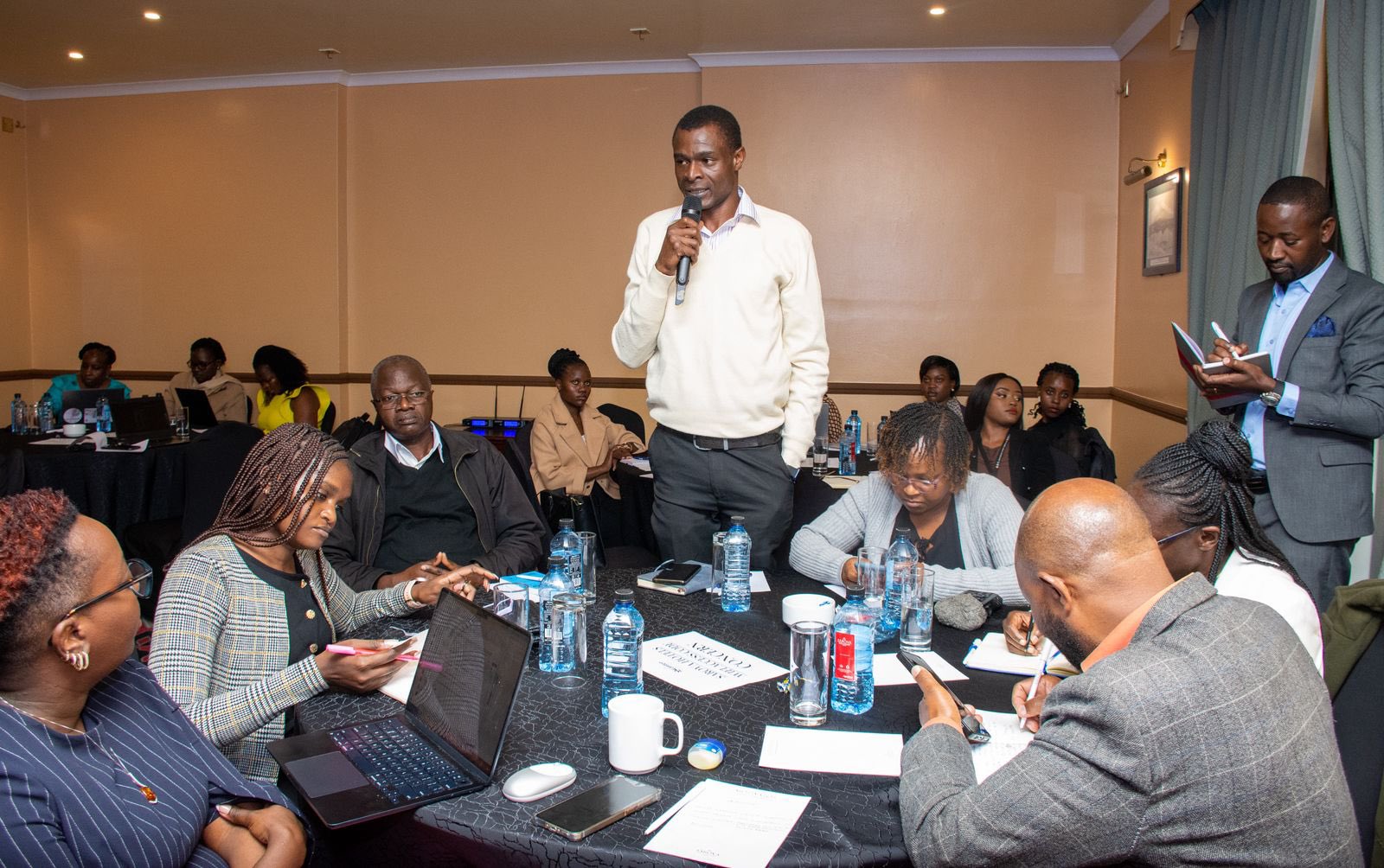
Health experts address misconceptions in lead-up to World Breastfeeding Week » Capital News
NAIROBI, Kenya, July 22 – As Kenya prepares to join the world in marking the Breastfeeding Week, health experts and advocacy groups have intensifed efforts to dispel persistent misconceptions that have often hindered informed decision-making among mothers and families.
World Breastfeeding Week (WBW) is celebrated every August 1-7, in commemoration of the 1990 Innocenti Declaration.
This year the theme is Prioritise Breastfeeding – Create sustainable support systems.
According to the World Health Organization (WHO), while breastfeeding is a natural process, it is not always immediate or easy. Many mothers encounter challenges, particularly in the first two weeks.
One of the most widespread myths—that breastfeeding causes breasts to sag— however experts, explained that breast sagging is primarily due to the natural loss of skin elasticity with age, not breastfeeding.
Medical professionals also warned against using breastfeeding as a sole method of birth control.
“While breastfeeding can delay fertility through a natural process known as lactational amenorrhea, it is not a reliable contraceptive method unless very specific conditions are met,” officials from Ministry of Health said.
They encouraged the use of additional family planning methods to prevent unintended pregnancies.
Nutritionists confirm that most mothers can continue to eat their regular diets, including local spicy foods and moderate amounts of caffeine.
The meeting also highlighted several important facts about breastfeeding.
“It is the infant’s first form of immunization, contributes to higher Intelligence Quotient (IQ) in children, and is more cost-effective than alternative feeding methods,” a health expert told reporters.
Communities and families were urged to normalize breastfeeding and actively challenge myths, stigma, and misinformation—especially within homes and during community interactions.
In the ongoing campaign to increase awareness, the State Department for Social Protection and Senior Citizen Affairs was also called upon to support and scale up community-based care platforms.
This includes equipping community health promoters to provide accessible information and peer support on breastfeeding.